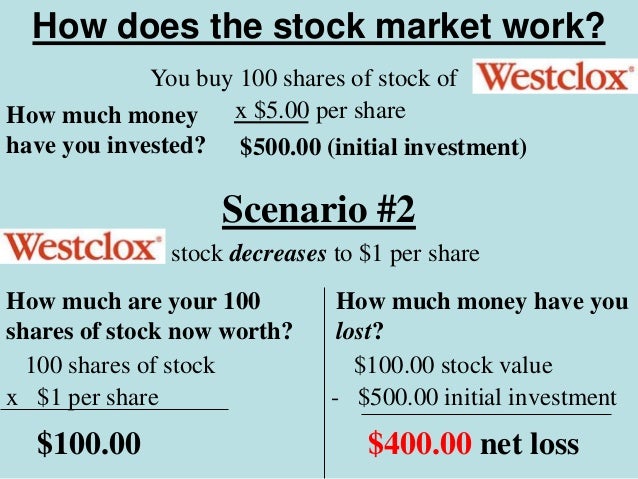If the thought of buying the stock market scares you, you are not alone. People with very restricted experience in stock investing are either terrified by horror stories of the average financier losing 50% of their portfolio valuefor example, in the two bearish market that have currently taken place in this millennium or are seduced by "hot tips" that bear the promise of huge benefits Learn more however rarely settle.
The reality is that investing in the stock market carries danger, but when approached in a disciplined manner, it is one of the most efficient methods to develop one's net worth. While the worth of one's home usually accounts for many of the net worth of the typical private, many of the affluent and extremely rich normally have most of their wealth purchased stocks.
Key Takeaways Stocks, or shares of a business, represent ownership equity in the firm, which give investors voting rights as well as a recurring claim on business profits in the type of capital gains and dividends. Stock markets are where specific and institutional financiers come together to purchase and offer shares in a public place.

For circumstances, an individual or entity that owns 100,000 shares of a company with one million impressive shares would have a 10% ownership stake in it. The majority of companies have impressive shares that encounter the millions or billions. Common and Preferred Stock While there are 2 primary kinds of stocktypical and preferredthe term "equities" is associated with typical shares, as their combined market worth and trading volumes are many magnitudes bigger than that of preferred shares.
Preferred shares are so named due to the fact that they have choice over the typical shares in a business to receive dividends as well as possessions in the occasion of a liquidation. Typical stock can be further classified in terms of their ballot rights. While the standard property of common shares is that they should have equivalent voting rightsone vote per share heldsome companies have double or numerous classes of stock with different voting rights attached to each class.